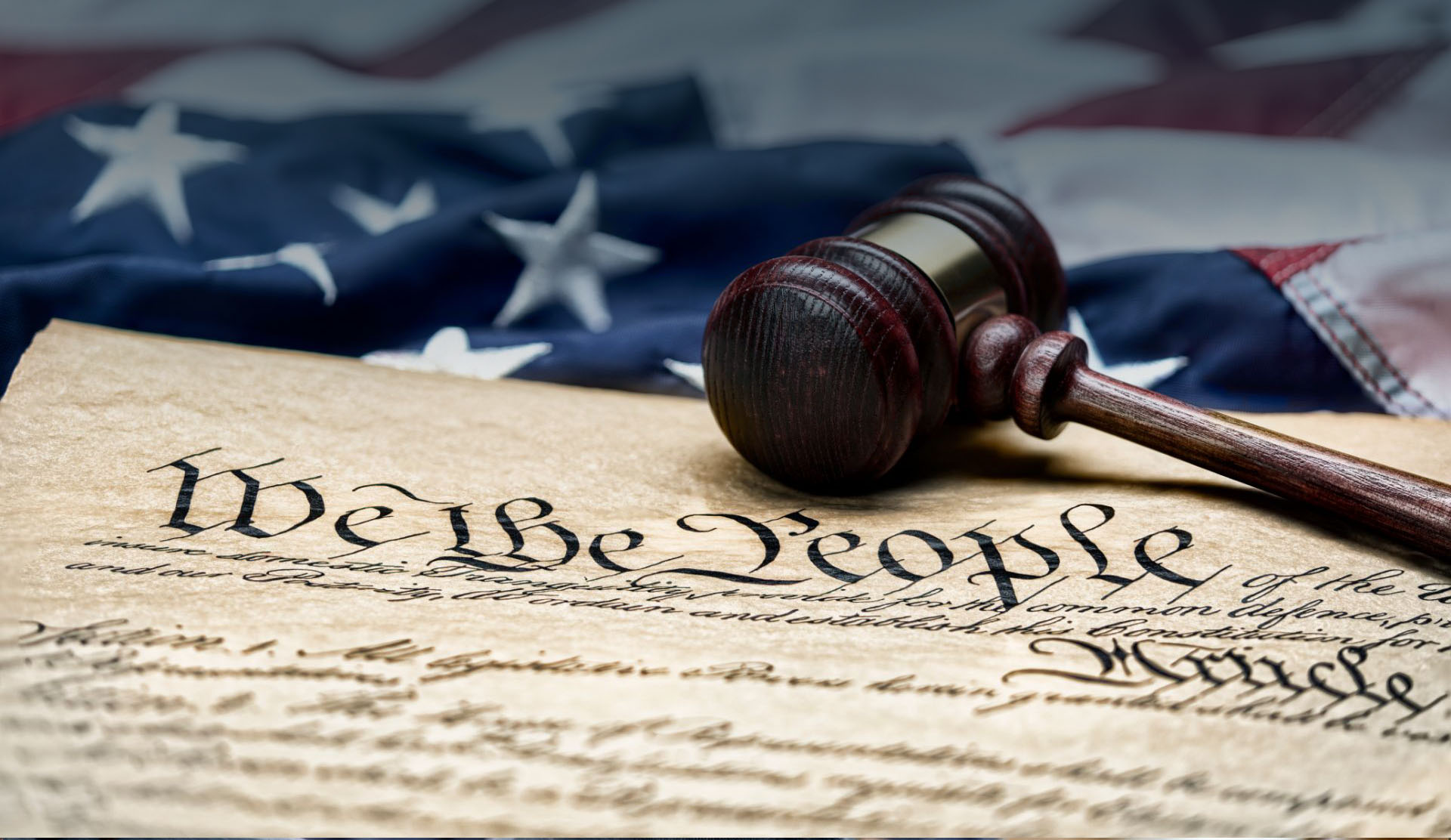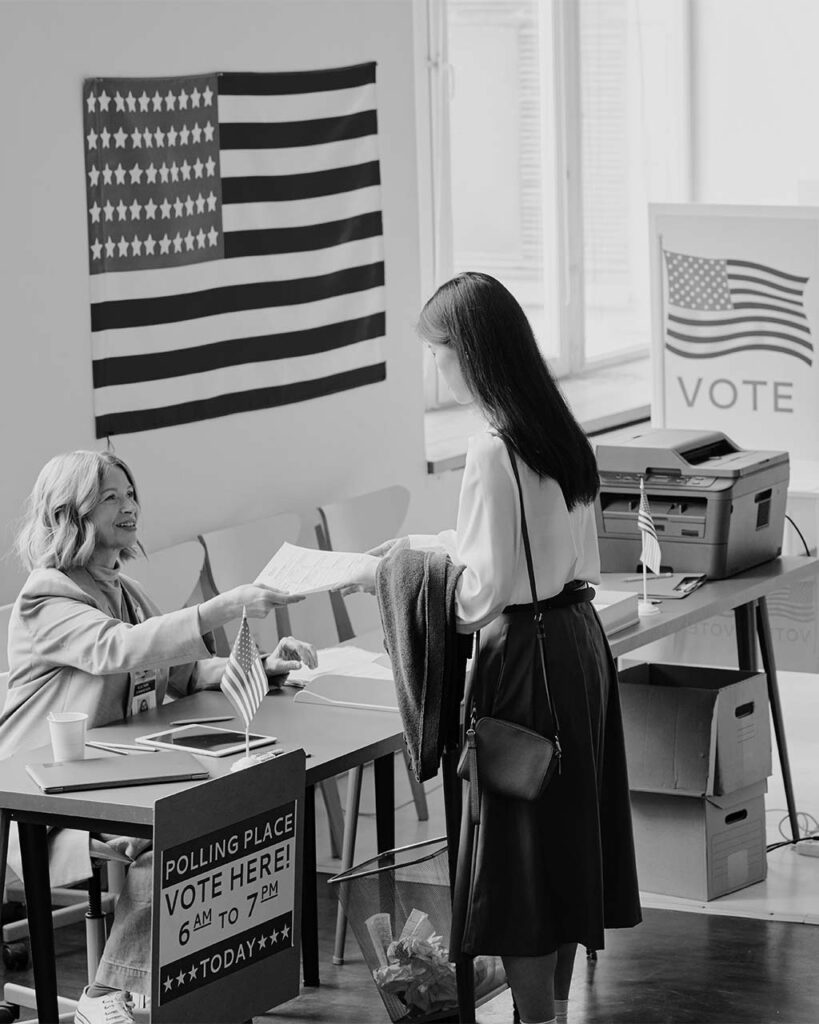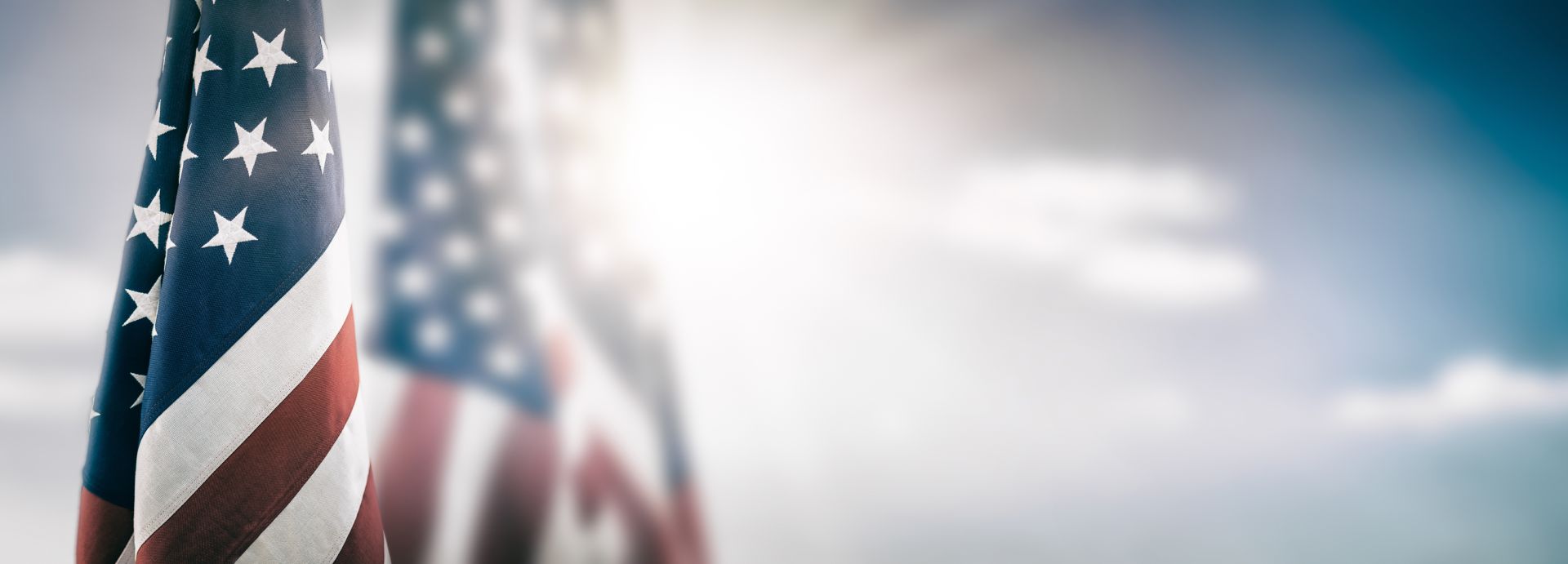
On Responsibility
“And so, my fellow Americans: ask not what your country can do for you—ask what you can do for your country.”
— John F. Kennedy (January 20, 1961)
35th President of the United States

Power Resides With the People
“We the People of the United States, in Order to form a more perfect Union, establish Justice, insure domestic Tranquility, provide for the common defense, promote the general Welfare, and secure the Blessings of Liberty to ourselves and our Posterity, do ordain and establish this Constitution for the United States of America.”
— Preamble to The Constitution of The United States
The dream of the Founding Fathers of the United States was to create a nation based on ideals and principles such as individual rights, separation of Church and State, freedom of expression, and government accountability. They saw democracy as a way to ensure that power resided with the people and that government decisions were made in the citizens’ best interests.
However, they were also aware of history and the complexities of human nature, understanding the risks that the new Democratic Republic faced, such as the possibility of tyranny, the threat of factionalism, and the potential for abuse of power.
After leaving the Constitutional Convention in Philadelphia in 1787, a passerby asked Benjamin Franklin whether the new constitution would establish a monarchy or a republic. Franklin replied, “A republic, if you can keep it.” Franklin’s remark underscored the belief that a democratic republic requires its citizens’ constant participation, vigilance, and dedication to ensure its survival.
Furthermore, President Abraham Lincoln emphasized the importance of citizen involvement in holding elected officials accountable and preventing corruption by stating, “We the people are the rightful masters of both Congress and the courts, not to overthrow the Constitution but to overthrow the men who pervert the Constitution.”
Additional warnings came from President John Adams, who reminded us not to take democracy for granted, to work together, and to “Remember, democracy never lasts long. It soon wastes, exhausts, and murders itself. There never was a democracy yet that did not commit suicide. It is in vain to say that democracy is less vain, less proud, less selfish, less ambitious, or less avaricious than aristocracy or monarchy. It is not true, in fact, and nowhere appears in history…Individuals have conquered themselves. Nations and large bodies of men, never.”

Personal Responsibility
for Citizens
To safeguard against these historical truths, President John F. Kennedy reminded us of our civic responsibility: “Ask not what your country can do for you; ask what you can do for your country.” This call to action highlights the importance of self-awareness and responsibility, both personal and public while living in a democracy.
William H. Hastie, a Civil Rights Activist, further added that “Democracy is a process, not a static condition. It is becoming rather than being. It can easily be lost but is never fully won. Its essence is an eternal struggle.” This quote powerfully reminds us that democracy is not guaranteed and must be actively maintained and protected. It encourages people to value and actively participate in the democratic process to ensure that American democracy is preserved for future generations.






